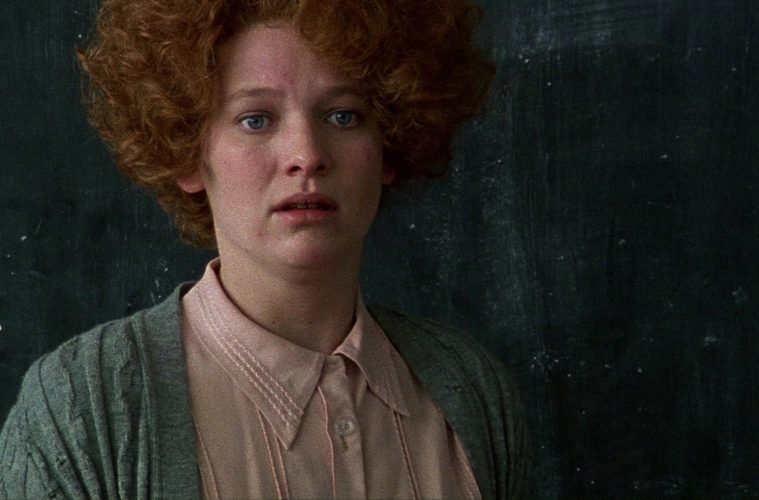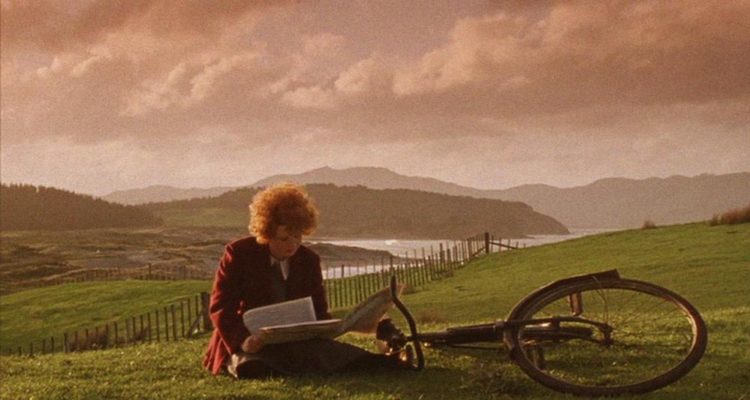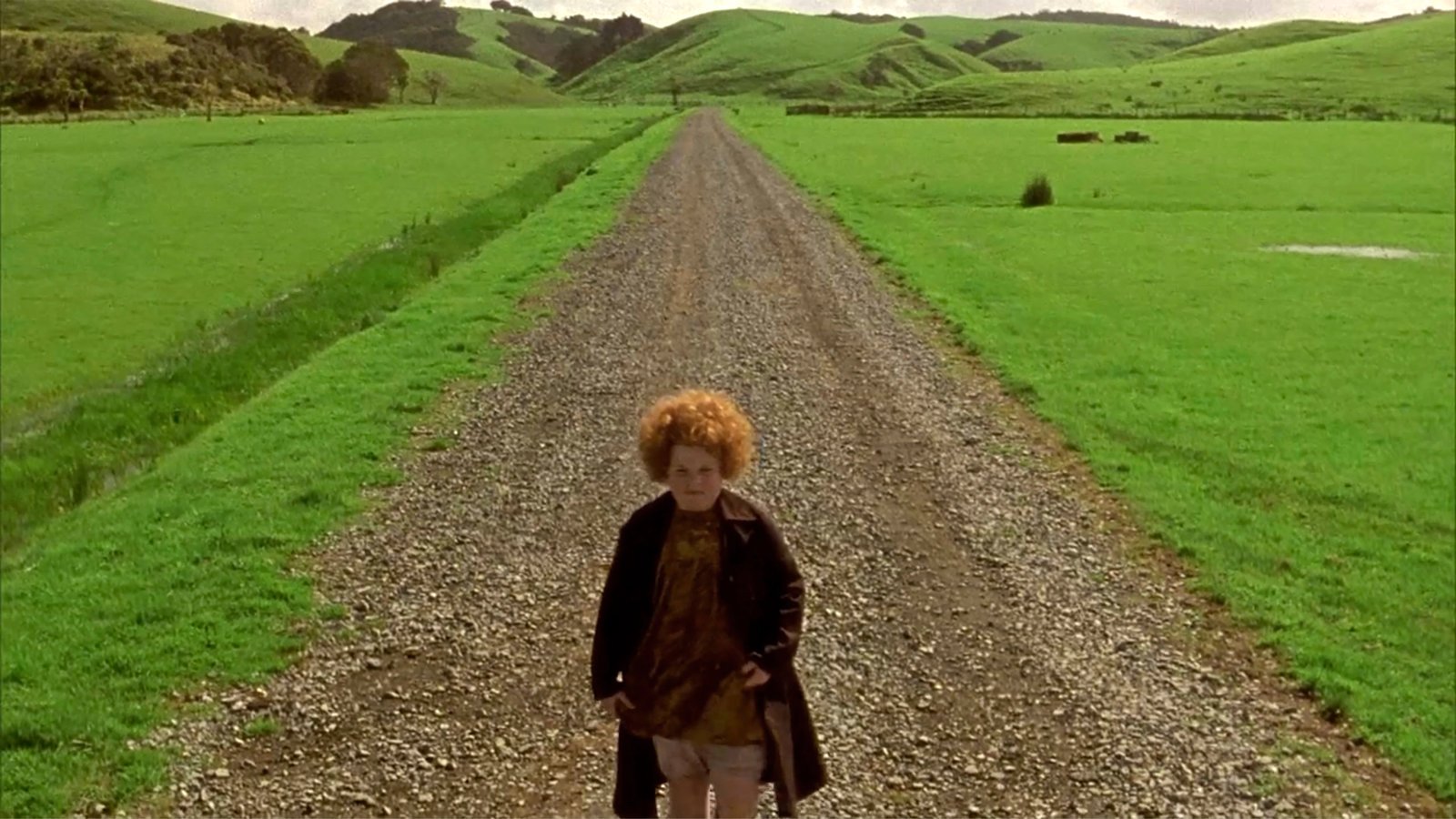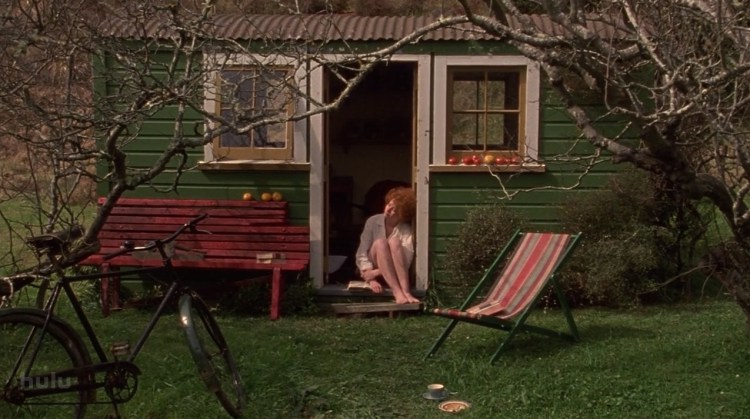I don’t remember whether it was John Keats or Jane Campion I first fell in love with. But undoubtedly, Bright Star has a special place in my heart. As a poem and as the film that so closely resembles the former. My initial crush turned long-lasting love for director Jane Campion has led me on a quest to discover the rest of her celebrated filmography.
Previous posts: The Shorts, 2 Friends, Sweetie
With An Angel At My Table, we are arriving at a point where Jane Campion really breaks through. This means that we will be looking at some more well-known works from now on. I had heard the title of this movie many times before, but as usual, I realized that I hadn’t known anything at all about it.
It’s the story of a famous New Zealand author named Janet Frame. The film is split into three parts, each of them based on one of Frame’s autobiographies. Apparently the movie was originally aired as a sort of three-part mini-series, but then released in cinemas internationally. We follow Frame from her childhood in a big family living in a small town, to her years as an awkward student and later on, her mis-diagnosis with schizophrenia, that led to 8 years in a psychiatric institution. While Campion finally gained international acclaim with her film, so does the main character in it in the end of it. (I don’t consider this a spoiler, since this is a 20+ year old biopic).
Although this is a well-crafted film from a technical standpoint, it’s much more interesting to discuss on an emotional level. At least for me, this was a wonderful break from my nightly FRIENDS-marathons in this regard. As much as watching sit-coms relaxes and comforts me on week-nights after a long day of studying, there is so much more to latch on to, when watching a fully fleshed story for 2 hours. During, and long after watching this movie, I had that amazing fuzzy feeling that you can only get from making an intense emotional connection to a fictional character. Or at least a partly fictional one.
However, I won’t say that watching this film is an entirely pleasant experience. There are quite a few horrors in it, the climax of these being the years Frame spent in the hospital. But somehow, Campion frames these things in a very calm way, reminding you that whatever bad things happen in life, they will be over at some point. My favorite part of the movie though, is the third and most cheerful one, in which Janet Frame is awarded a literary travel scholarship. Specifically the scenes set in Spain, where Frame explores her sexuality for the first time in her life, are beautifully put together and very memorable. It feels like she finally got what she deserved, at least for a while.
Once again, Campion dives into the subject of family issues and friendship, but more subtly than in her previous works. There is a clear-cut protagonist, whose feelings and perspectives are always the focal point, so it feels like a more intimate work than 2 Friends or Sweetie. It was wonderful to see someone so completely weird and introverted depicted in this way. Usually, characters like Janet are either played by gorgeous people like Logan Lerman in The Perks of Being a Wallflower, or what happens to them is completely irrational, as seen in the Twilight movies. Yes, I am comparing these to a Jane Campion film – I might be more insane than I previously thought.
This movie is an important one in Campion’s filmography and one that is absolutely watchable today. I won’t call it a favorite and it still doesn’t come near Bright Star, but it might be the most accessible work I have discovered so far.
Next time will be the first discussion of a movie I have seen before; The Piano. Until then, let me know what you think about An Angel At My Table.




